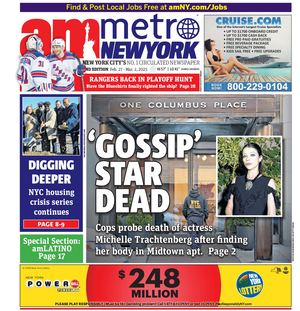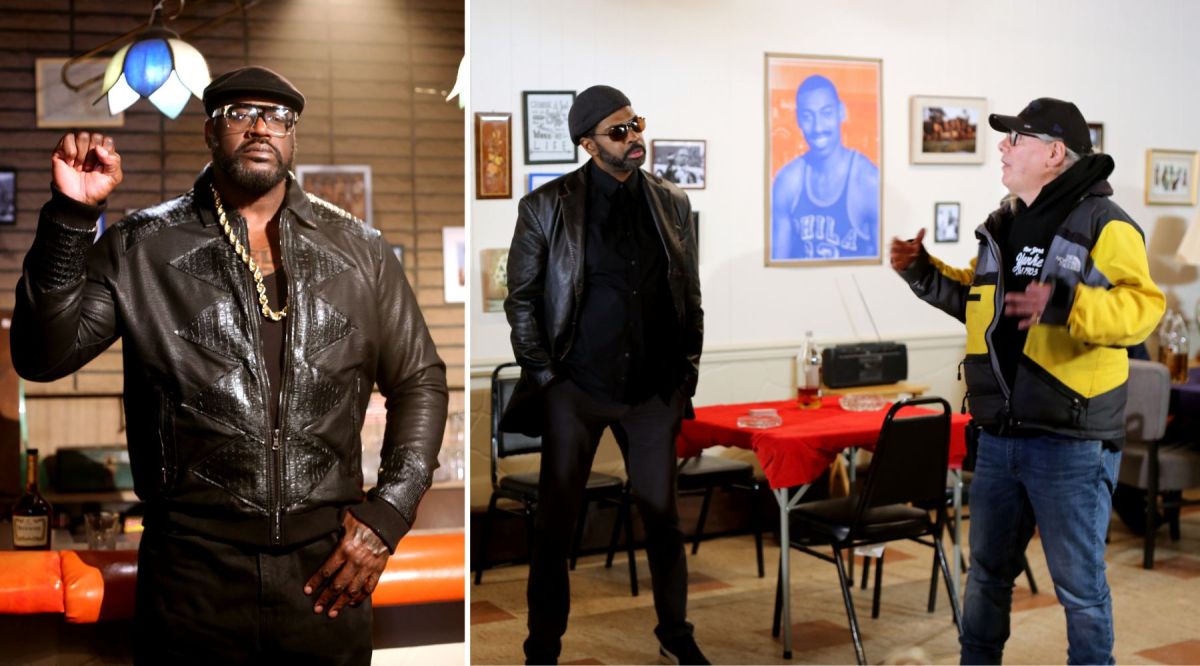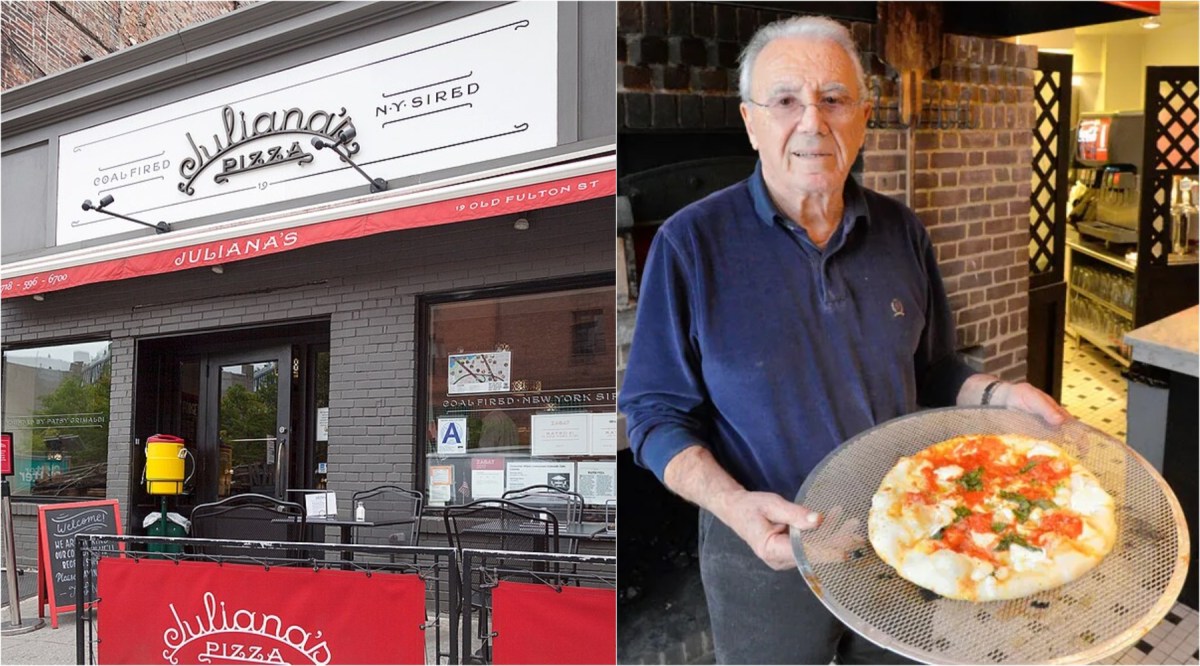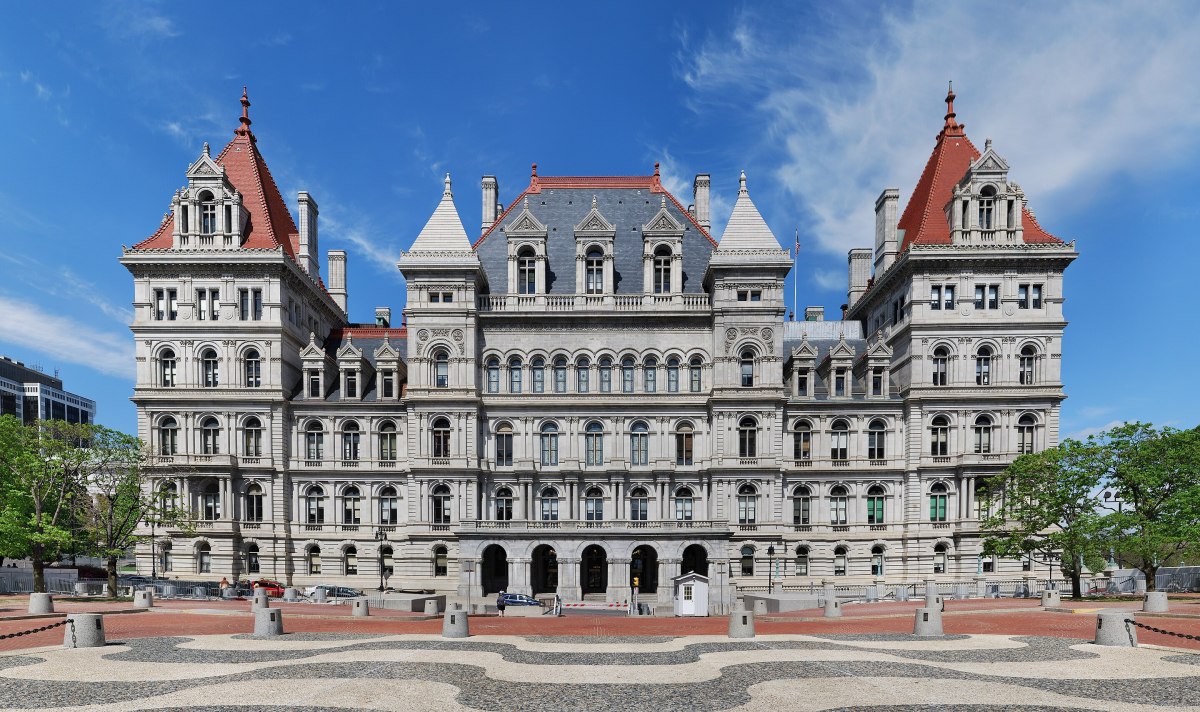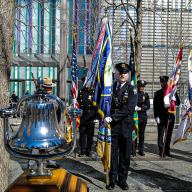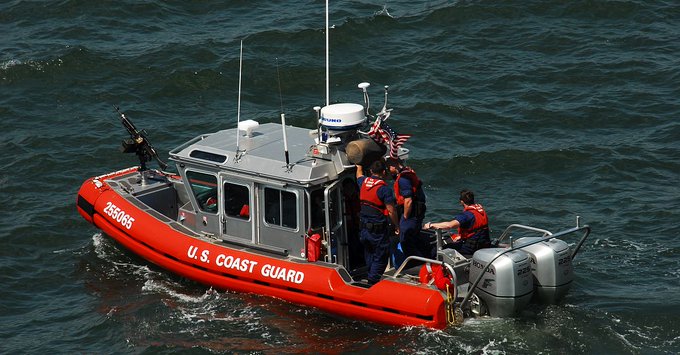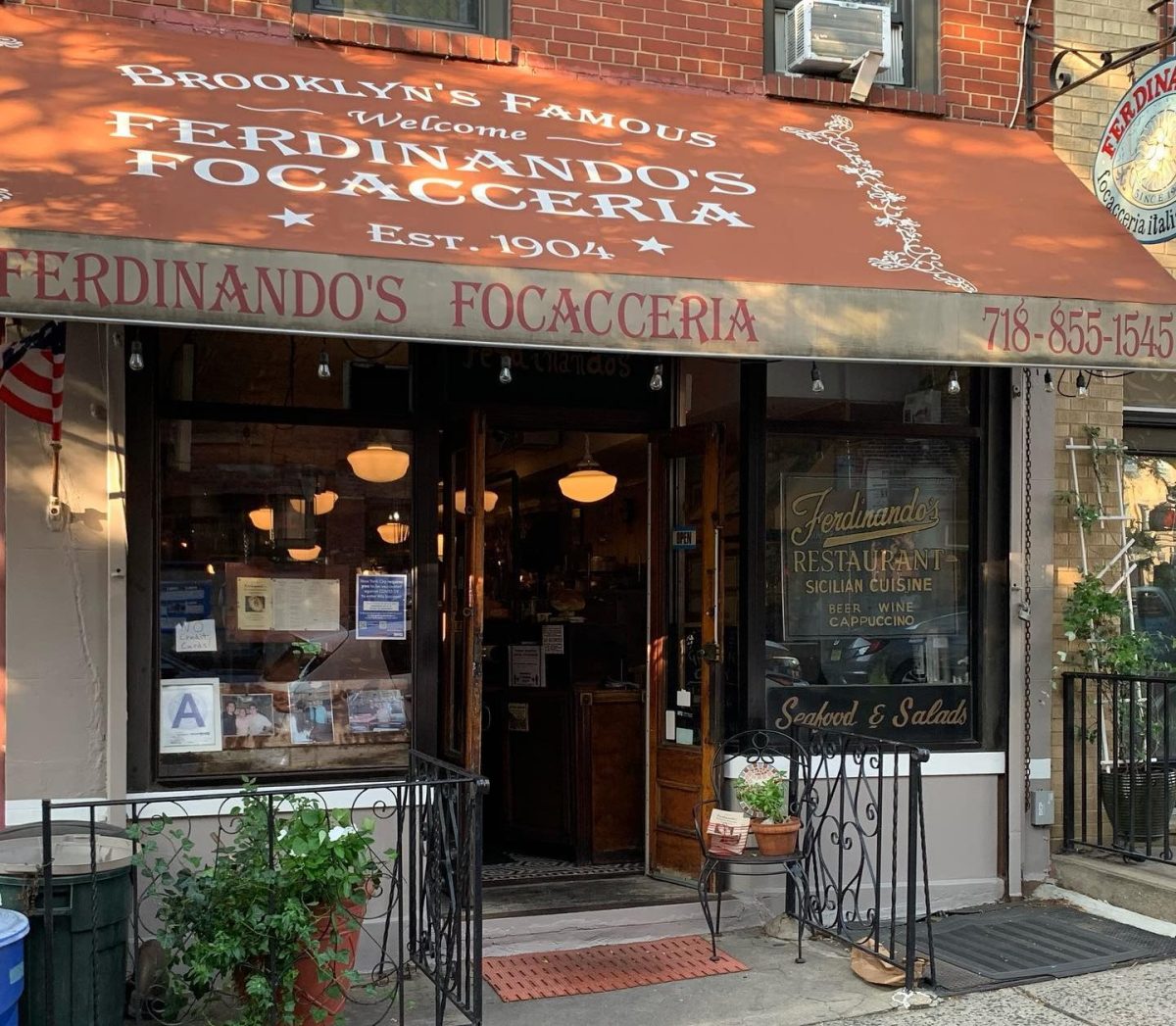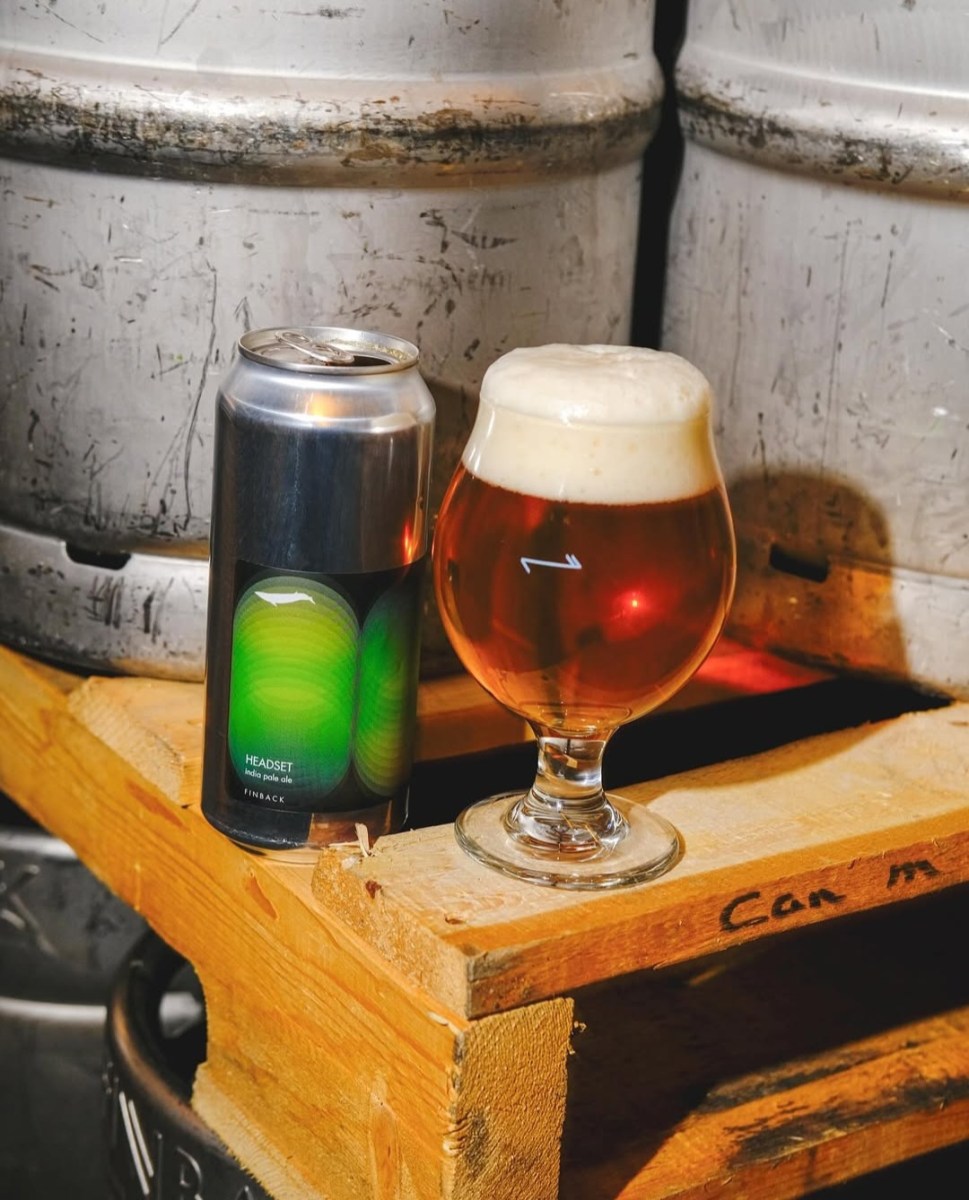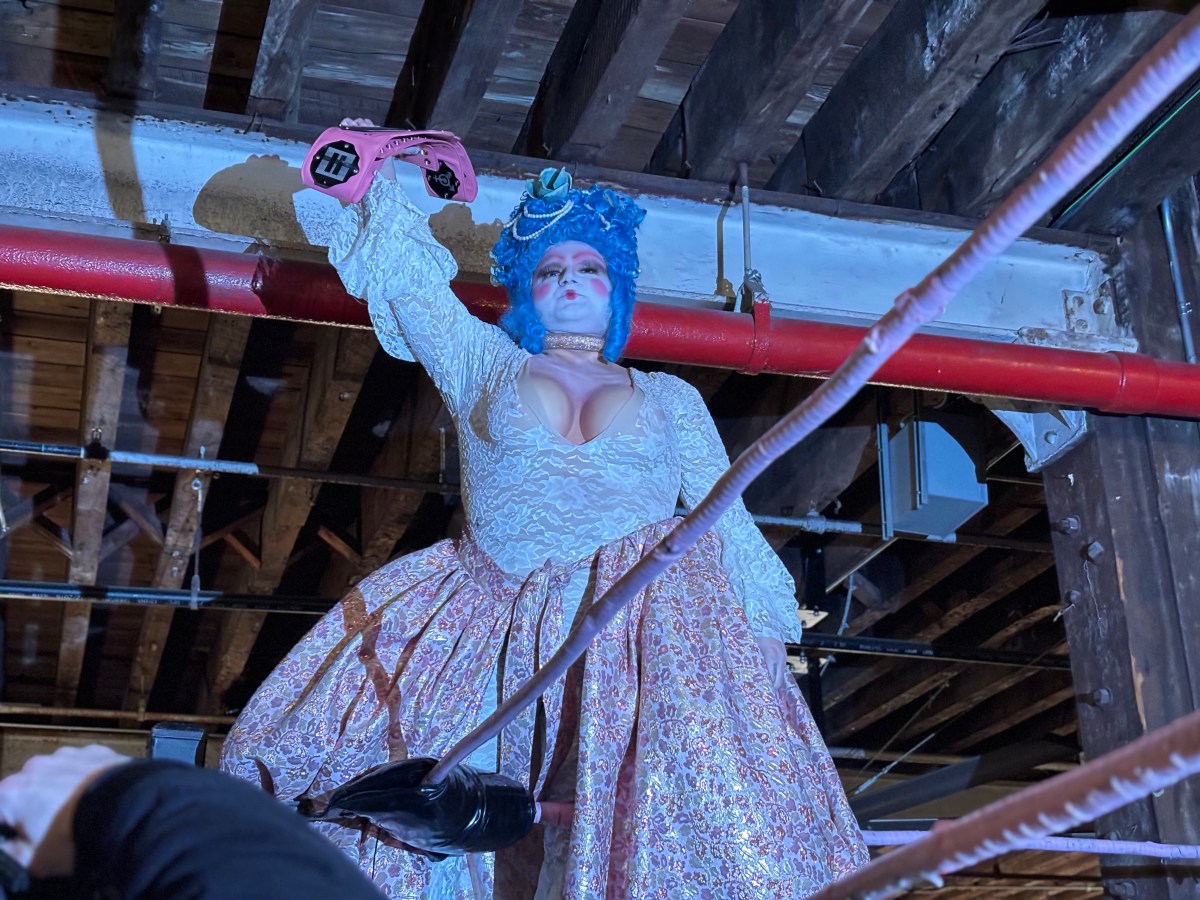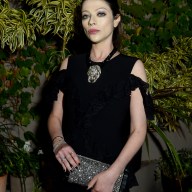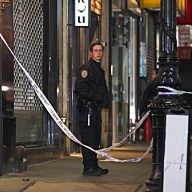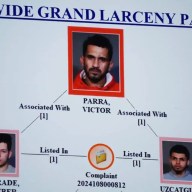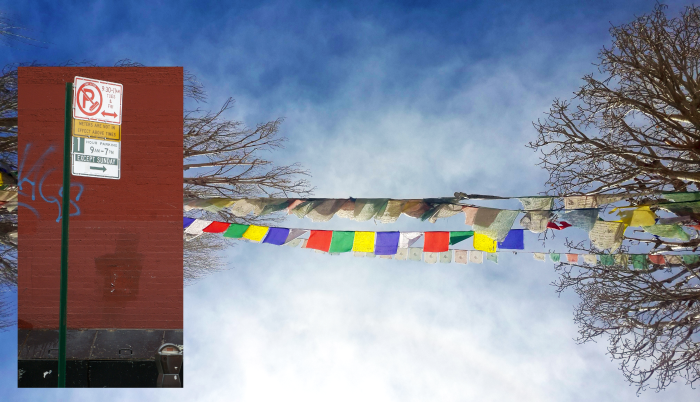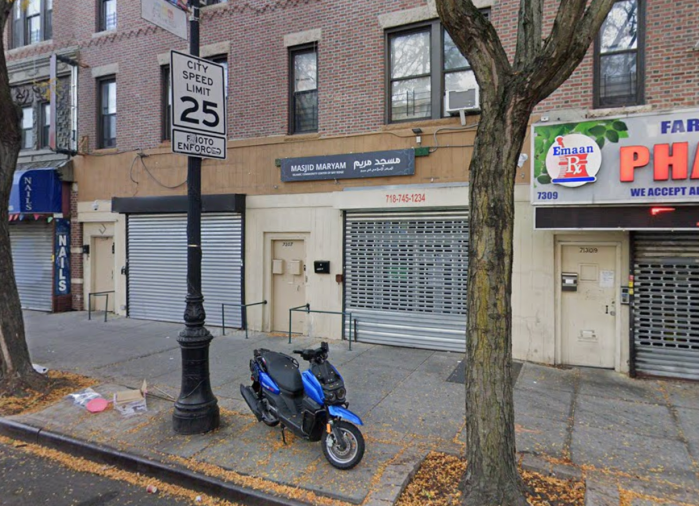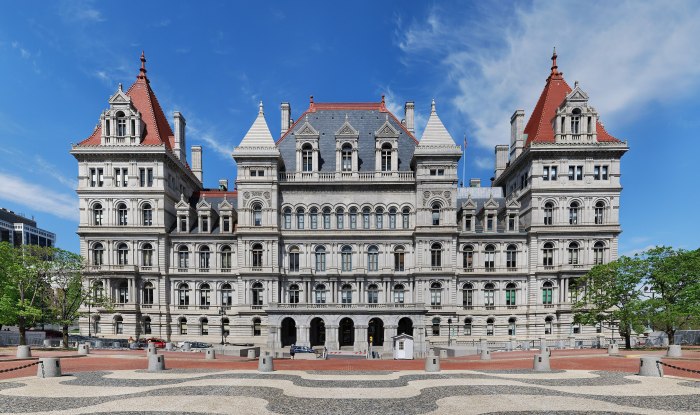
Just a few years ago Karen Gillan, known for captivating audiences as an actress in “Guardians of the Galaxy” and “Doctor Who,” decided she was going to make her own film. But not just any film: one that takes her back to her native Scotland and confronts the high suicide rate among young men in the Highlands, the region in which the Inverness-born Gillan was raised. The 31-year-old wrote, directed and stars in what is the first feature she’s helmed.
Gillan plays Liusaidh, who’s grappling with the suicide of her best friend Alistair (Matthew Beard). In the wake of his death, she self-medicates with binge drinking and other destructive vices, illuminating the horrible ripple effect of suicide on those Alistair leaves behind. The film often flashes back and forth in time to highlight Alistair’s troubled life and the roles mental health, identity, and masculinity played in his untimely death.
Gillan talked to us about the importance of these themes and what she hopes audiences from the film.
You were inspired to make “The Party’s Just Beginning” after learning about the high suicide rate among young men in the Scottish Highlands. Why did you decide to make that the premise of your feature-length directorial debut?
Six years ago I decided I wanted to write a script of my own because I love being an actor so much, but something I was craving was being involved of the process from the beginning until the end and telling my own story. This is not autobiographical, it is just something that I created. It came about because I read the statistic that the suicide rates in the Highlands are higher among young men than the rest of Scotland. I wanted to know why because it’s so strange and contradictory because it’s so beautiful and picturesque there and it’s always being voted one of the best places to live in Europe. So I was like, why do we have this statistic? The film is an exploration of why this might be happening. And I wanted to tell it from a female perspective. That’s why the film has the perspective that it does.
As writer, director and star, what was the biggest challenge pulling triple duty and why did you decide to cast yourself?
It definitely was a lot of multitasking [laughs]. It had its pros and its cons. It was interesting to be able to direct the other actors from within the scene rather than being a spectator on the outside, which means you have more intimate experience in terms of directing. You can feel what was happening between us. The cons were I couldn’t sit behind the monitor and obsess over the composition of the shots, which is something I love doing. I tried to do both, so I had to do a lot of running around.
One of the things that struck me was how it explores mental health among men — particularly gay men. That’s a subject that is too often underdiscussed in film or otherwise.
One of the huge reasons that this statistic exists is because men generally aren’t comfortable talking about their feelings. It seems to be the case that they can’t discuss their feelings as easily as women can, maybe because they feel it’s showing weakness. So if this film can in any way encourage communication among them, that would be great. I hope that it does. I think the whole world can work on mental health issues and open the lines of communication.
The film seems to also explore the connection — or contention — between the church, masculinity, and homosexuality. Alistair’s boyfriend, who’s religious, keeps their relationship closeted and often shames him for being who he is. Was there something specific you were trying to convey there?
I was exploring people struggling to be who they are but trying to comply with what society wants them to be. That’s something that I find really interesting. I’m not so sure I want to say this definite thing about it, rather than explore interesting situations that [people] find themselves in and can’t communicate or express themselves very easily.
Your character, Liusaidh, also struggles with reaching out for help dealing with her friend Alistair’s suicide. She hits the bottle hard.
Part of the conversation of suicide is the people affected by it. I think both men and women have a really hard time communicating emotions, especially if other people around you aren’t noticing and trying to get you to communicate. I think we’re all very distracted by a lot of things that we have in our lives — whether it be television or technology or anything. [They’re] struggling with that feeling of being honest with each other, which is a really hard thing to do. Therapy is not as common in that part of the world as, say, America, where you meet a lot more people who talk more openly about going to therapy. So, I wanted to touch on that as well. We don’t think about that immediately.
The humor in the film — it is as self-deprecating as it is sad and dry. Why was that so important to include in a film with such a heavy subject?
I think that was just me trying to make it authentically Scottish. Because we all have a very similar sense of humor in the face of adversity and tragedy or darkness. Out comes a lot of humor in Scotland where we make fun of each other and ourselves. We cut through the hard times with humor and it’s the same way in the movie where we’re cutting through a heavy subject matter with some moments of relief.
This has been such a great year for female directors breaking barriers as far as the genres of films they’re doing. Do you have a dream project or something you’re working on next?
So many ideas brewing! I would love to make a horror movie next. We have a few things in development. Nothing concrete yet, but I’m definitely writing.
